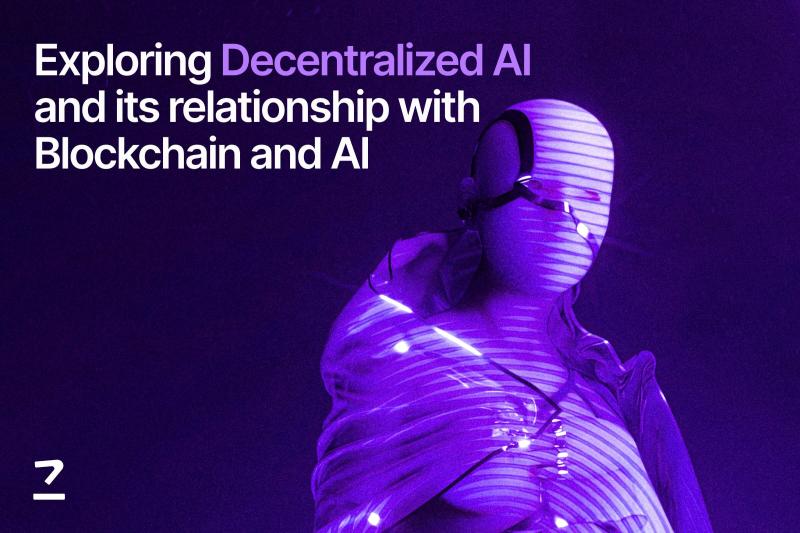Decentralized AI (Artificial Intelligence) refers to the use of distributed computing networks, where multiple nodes work together to perform complex computational tasks, without a central authority or control. This is achieved through the use of blockchain technology, which provides a decentralized and secure infrastructure for data storage, processing, and communication.
In a decentralized AI system, data is stored and processed on multiple nodes in the network, instead of being centralized in a single location. This has several advantages, such as increased security, privacy, and resilience, as well as improved scalability and efficiency.
Blockchain technology plays a key role in enabling decentralized AI, as it provides a secure and transparent way to store and share data across the network. By using a distributed ledger, blockchain ensures that all participants have access to the same data, and that any changes to the data are verified by the network, thus preventing fraud and manipulation.
Moreover, blockchain technology allows for the creation of decentralized marketplaces for AI services and data, where users can buy and sell computational resources, algorithms, and data without the need for intermediaries. This can help to democratize access to AI technologies and reduce the cost of developing and deploying AI applications.
Overall, decentralized AI has the potential to revolutionize the way we use and develop AI technologies, by enabling a more open, transparent, and collaborative ecosystem that is accessible to everyone. However, there are still many technical and regulatory challenges that need to be addressed in order to fully realize the potential of this emerging field.





Comments